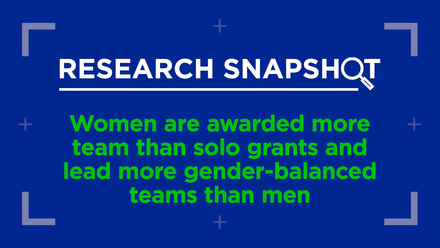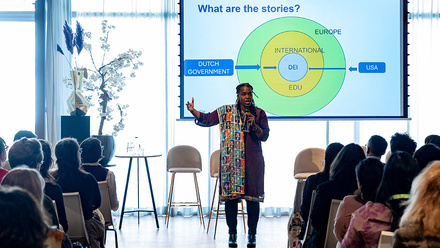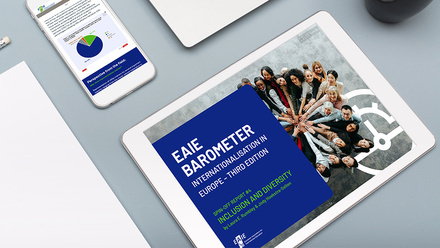Research snapshot: Marketisation of IHE in the UK

Internationalisation and Marketisation of Higher Education in the UK: Perspectives, Realities and Future Possibilities
Publication date: 23 September 2024
This project was conducted by Dr Zahra Kemiche, whose research expertise lies at the intersection of internationalisation, marketisation, and equity in higher education. Her work focuses on developing sustainable and inclusive transnational education partnerships, critically analysing institutional practices, and promoting global collaboration grounded in social justice and mutual benefit. Through a mixed-methods approach combining participant observation, in-depth interviews and discourse analysis, the study explored how the UK’s higher education sector navigates globalisation while addressing market-driven pressures. Dr. Kemiche developed the "organic model of internationalisation," which advocates for a sustainable, equitable, and inclusive framework for international partnerships. Motivated by the need to address disparities in access and representation in global education, the research provides critical insights into balancing academic values with economic imperatives. This work serves as a guide for policymakers and educators to foster authentic, heterogeneous internationalisation practices.
This research challenges traditional approaches, offering innovative strategies to foster equitable, sustainable internationalisation while balancing academic integrity with market demands.
About the author
Key findings from the research
- This research reveals a gap in how HEIs versus staff and students perceive internationalisation. While institutions operate through abstract, contractual mechanisms, staff and students view it as an evolving, ecological process. This disconnect underscores the need for a more relational and adaptive approach that aligns with the lived experiences of those involved in international education.
- An examination of institutional spatial dynamics highlights significant tensions between institutional priorities and student experiences. HEIs often prioritise reputation management and external marketing demands, presenting an idealised image rather than engaging with students’ lived realities. This disjunction fosters xenoracism, a subtle, systemic form of exclusion that transcends traditional racism, perpetuating barriers to authentic inclusivity in higher education.
- Building on the participants’ voices and lived experiences, this research proposes a new model of internationalisation that challenges the mechanistic, institutional views and practices, offering a more organic and holistic counterpart. The Organic Model views internationalisation as a dynamic, interconnected process. It promotes non-compartmentalisation, integrating internationalisation across all institutional functions, focuses on individuation, valuing the unique needs of all stakeholders, and emphasises constant development to adapt to changing global dynamics. This model fosters more inclusive, sustainable, and ethical international partnerships.







